A Guide to Self-care and Healthy Relationships
This project was a primary prevention and educational initiative targeting young people aged 14 to 20 in Logan, Queensland. Its aim was to develop an engaging and age-appropriate booklet to educate young people about healthy relationships and mental health, addressing a significant need in the community.
Key Features of the Resource:
Content: Covered brain function in relation to mental health, consent, and the characteristics of healthy versus unhealthy relationships.
Expert Collaboration: Developed in consultation with subject matter experts to ensure accuracy and relevance.
Visual Design: Aligned with contemporary trends to appeal to the target demographic.
Engaging Tone: Written in a format and style that resonated with young people.
Promotional Materials: Included a suite of creative resources to enhance engagement and recognition of key messaging.
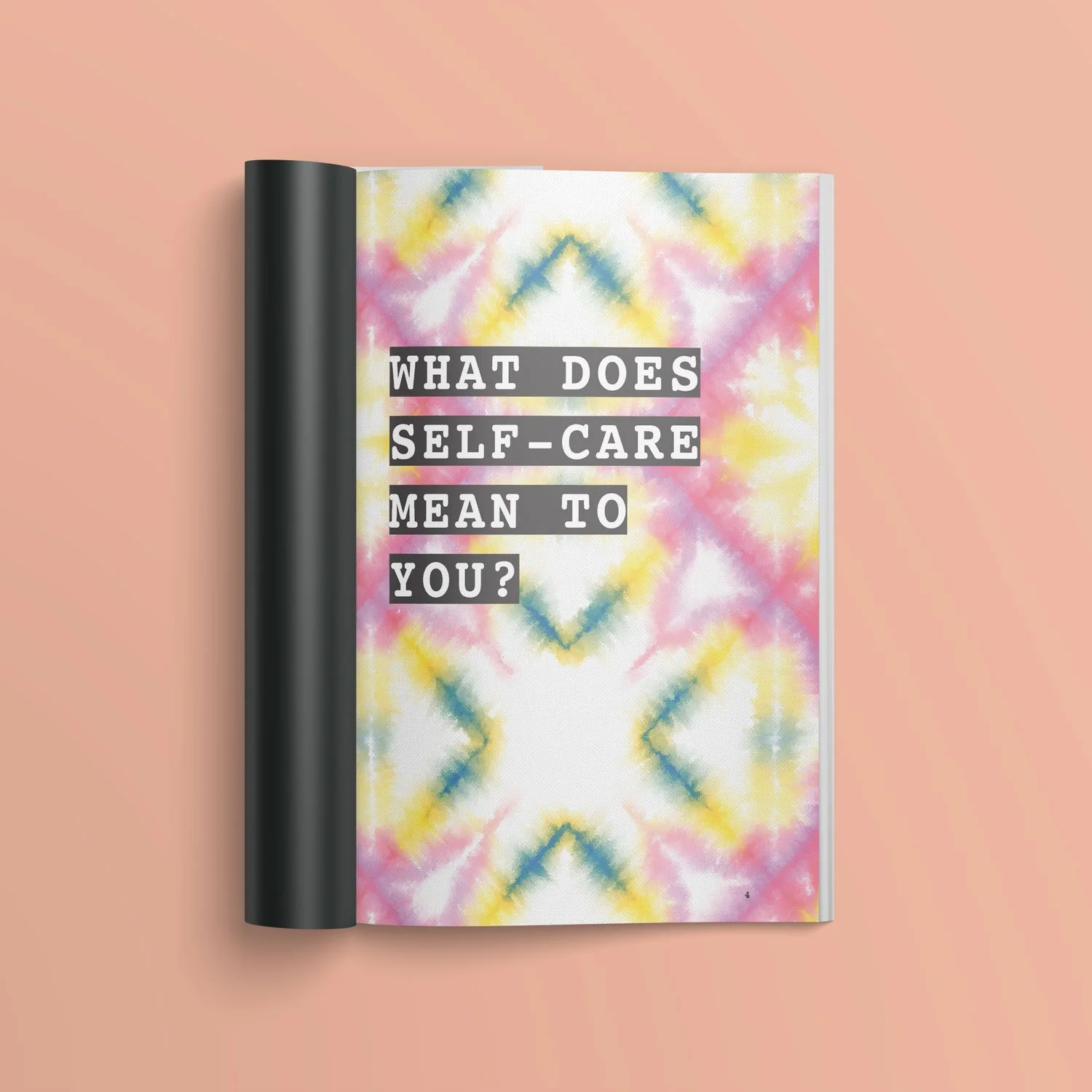
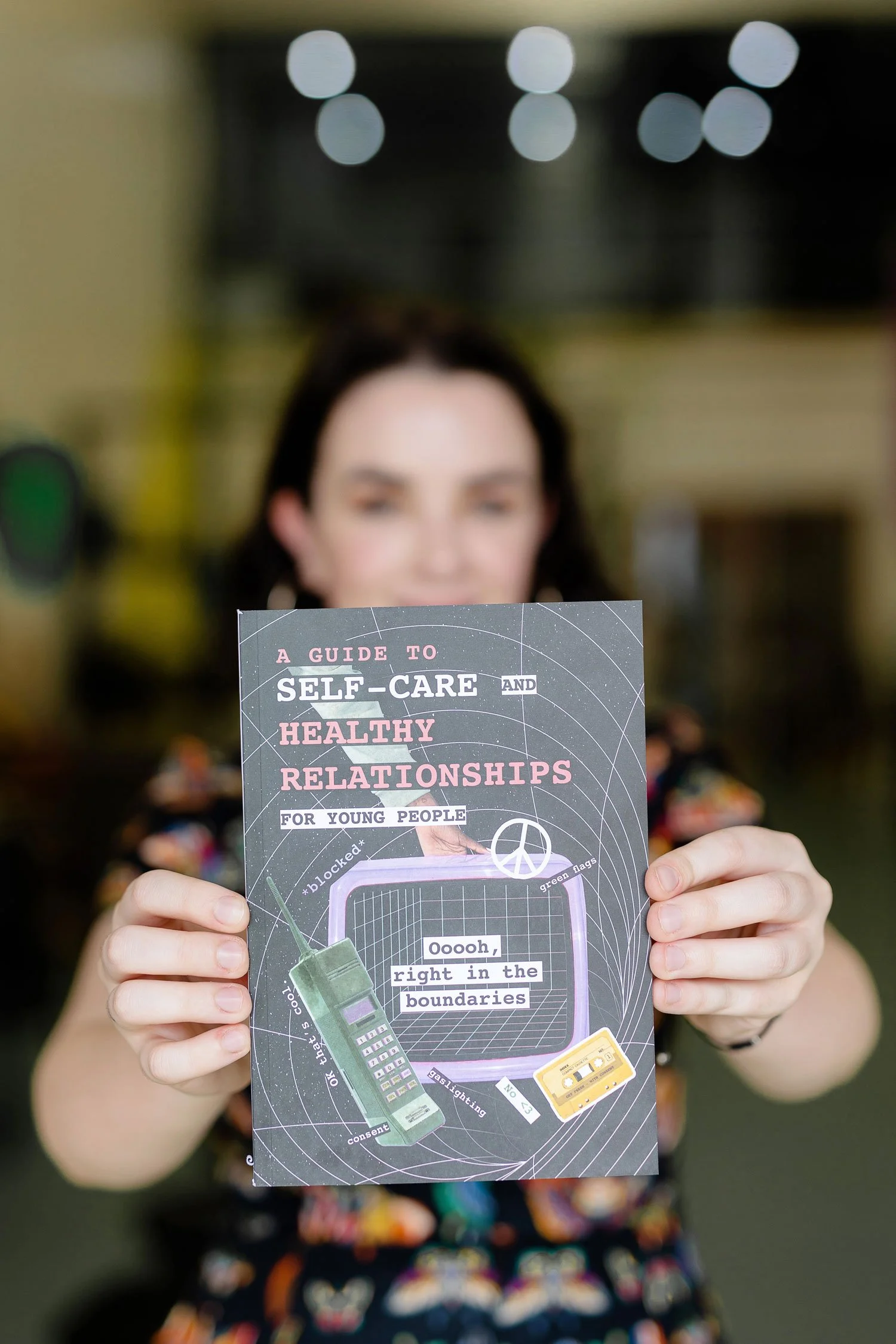
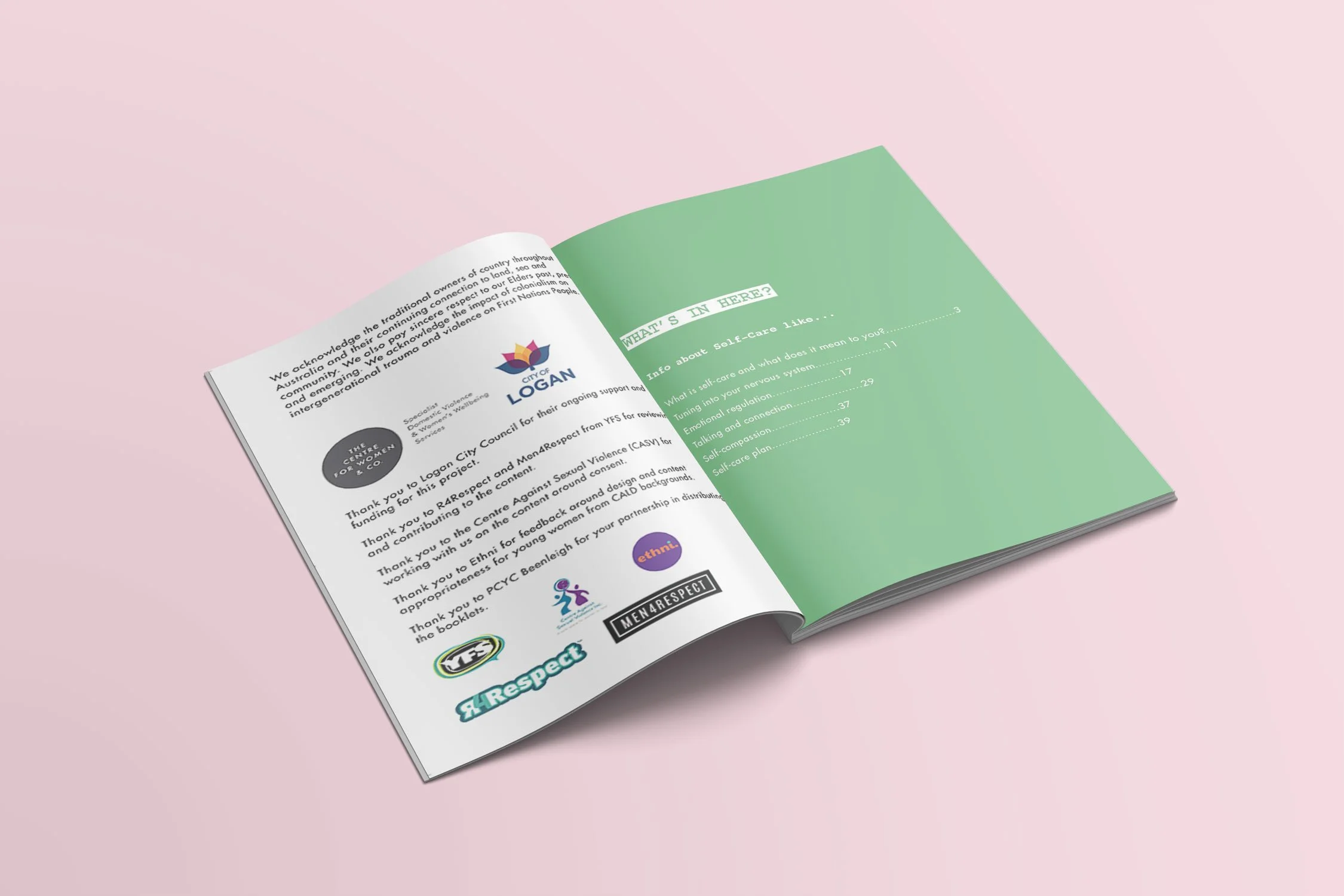
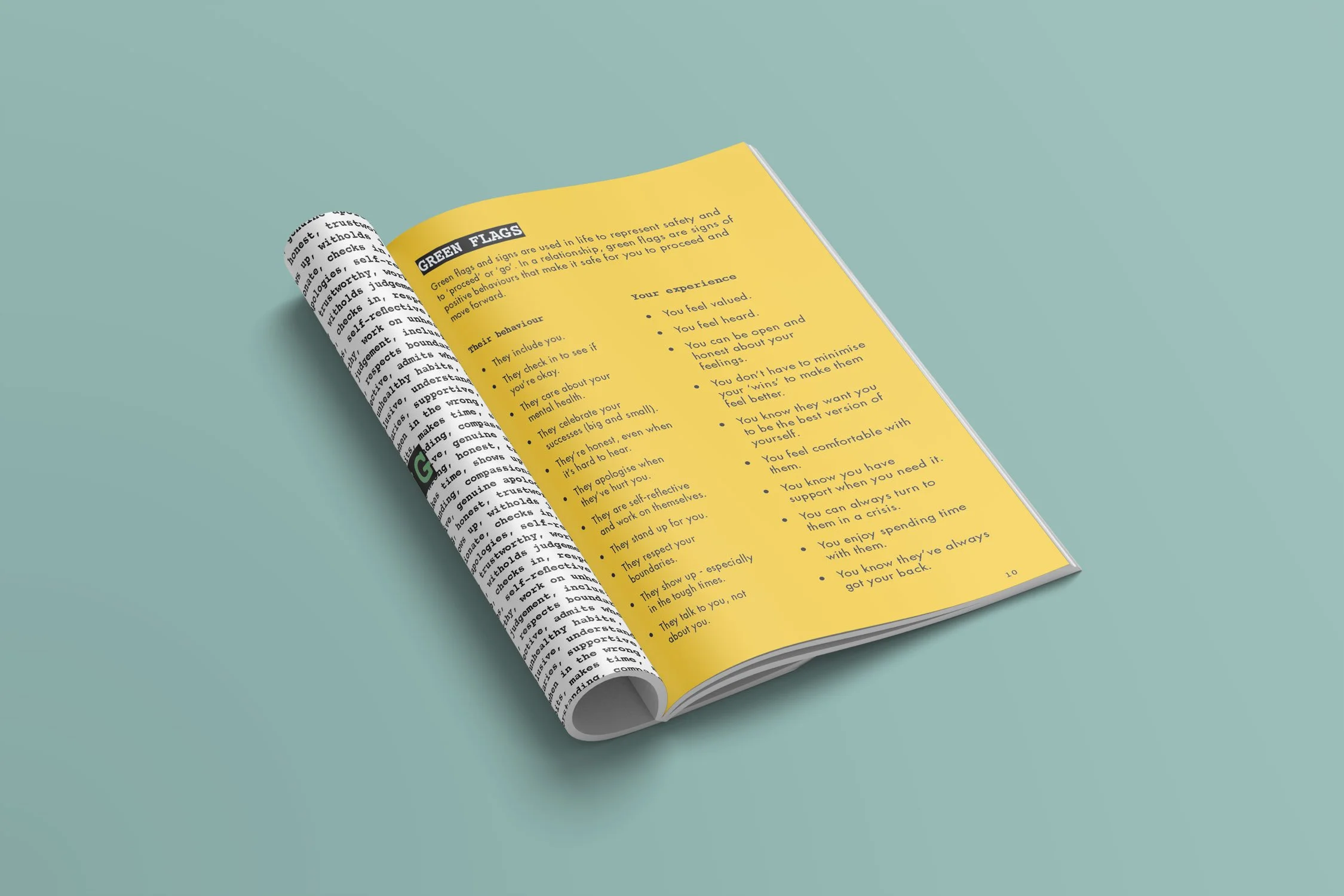
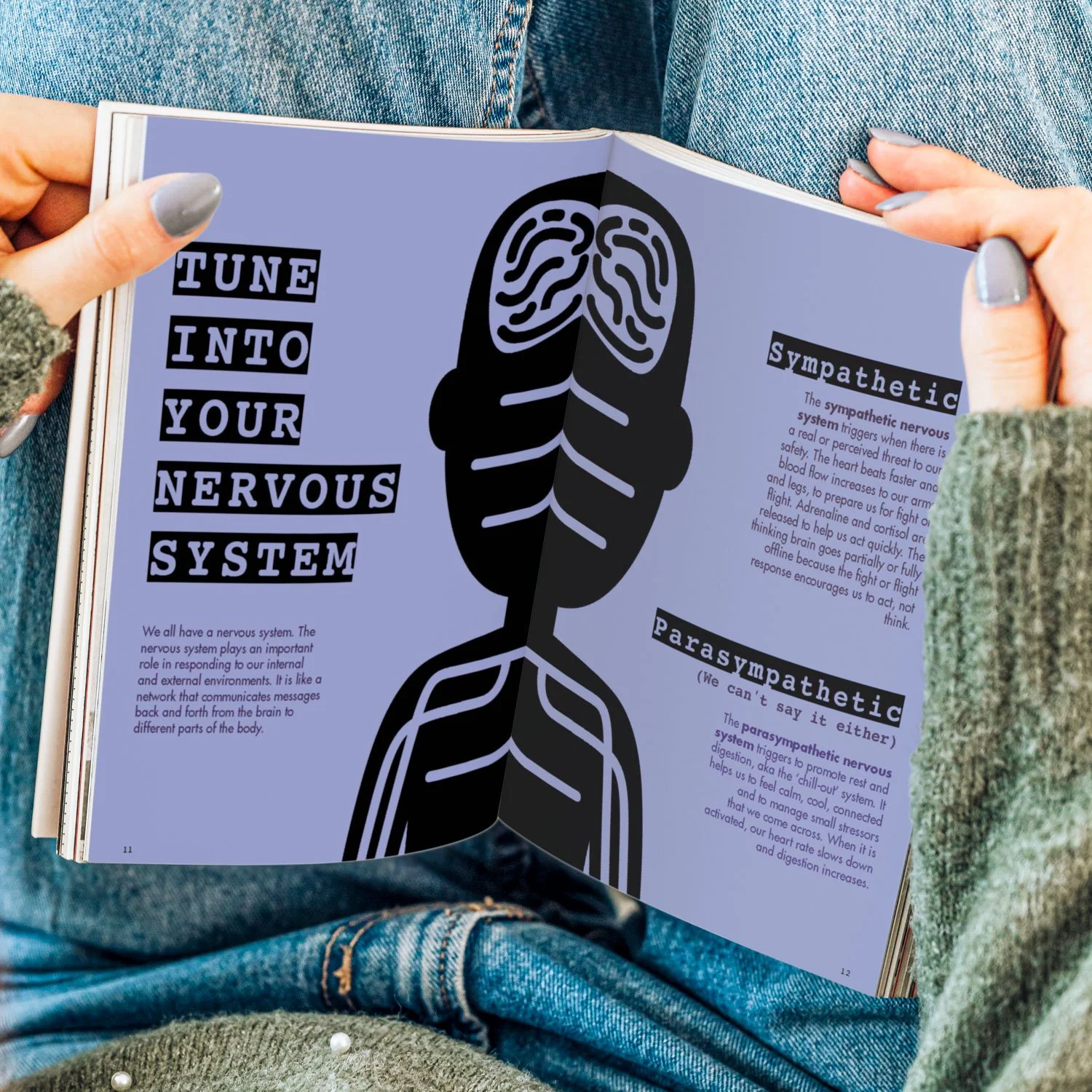
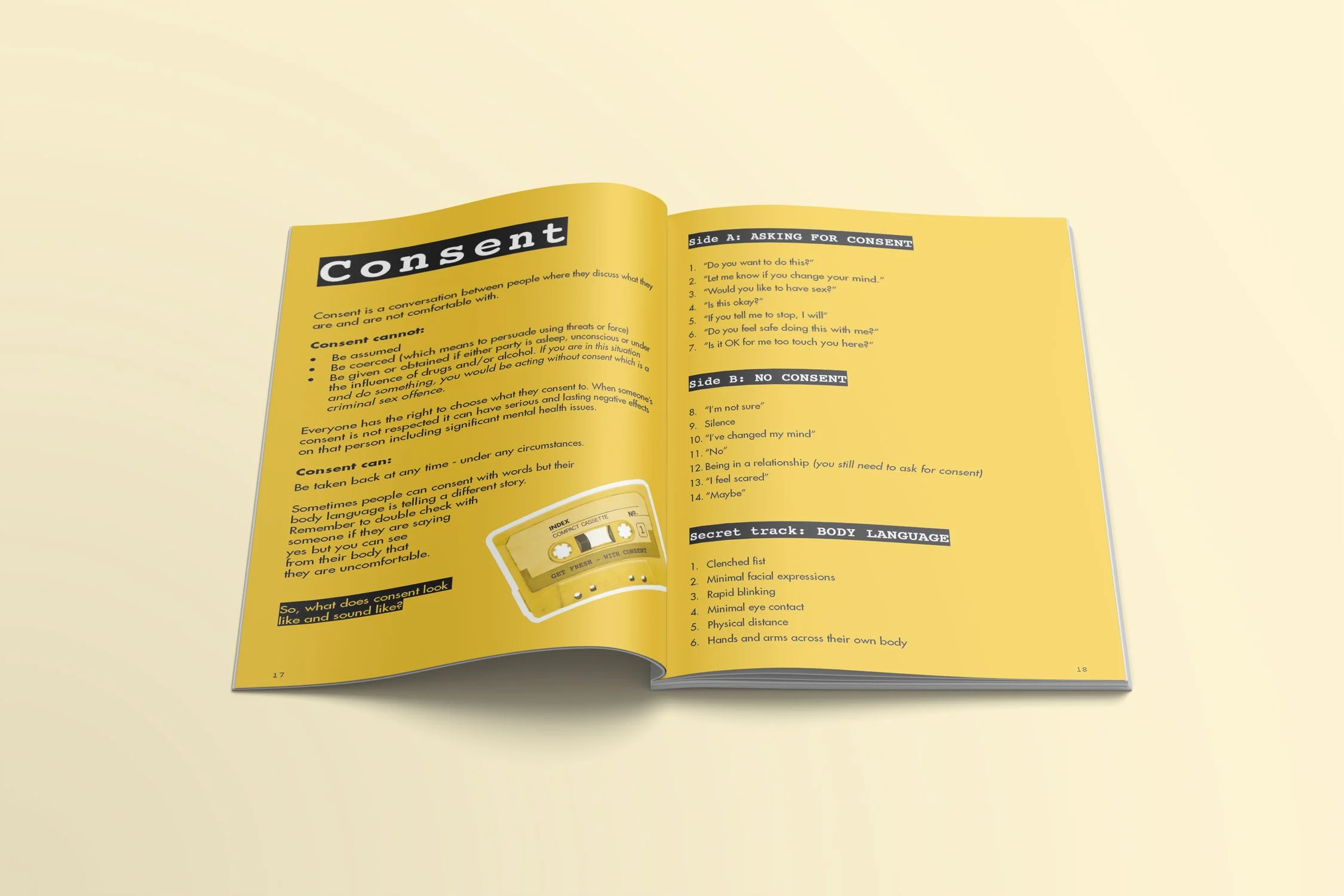
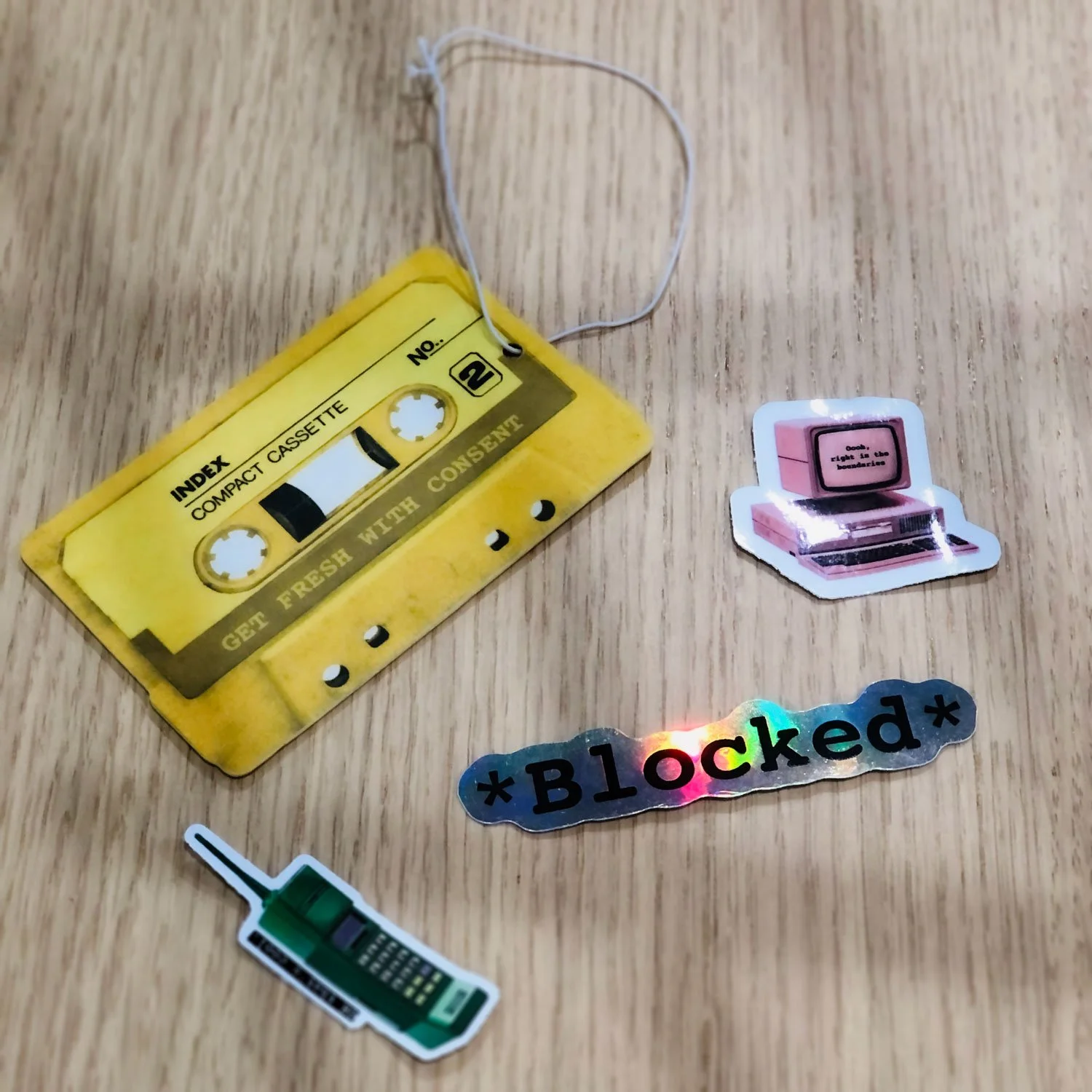
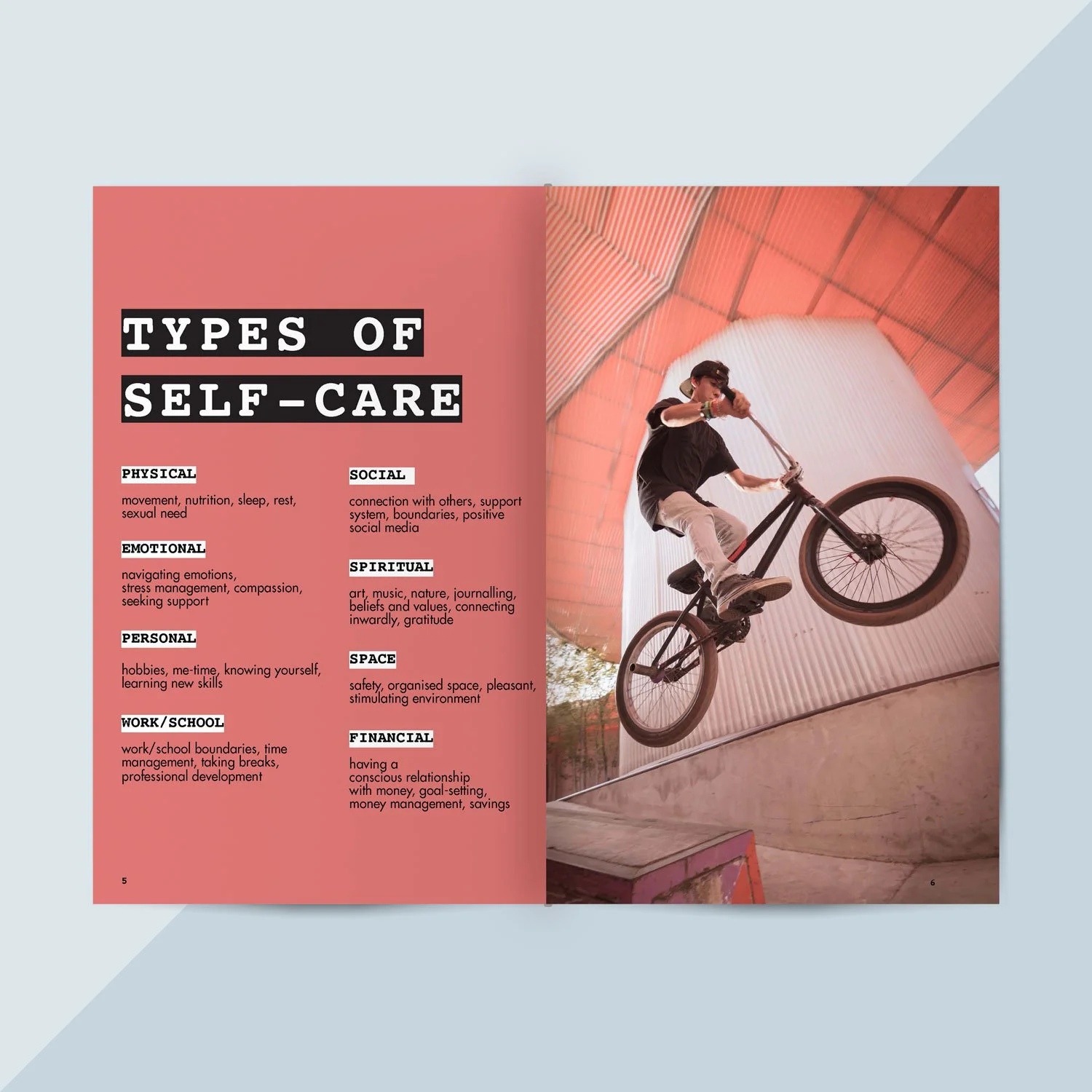
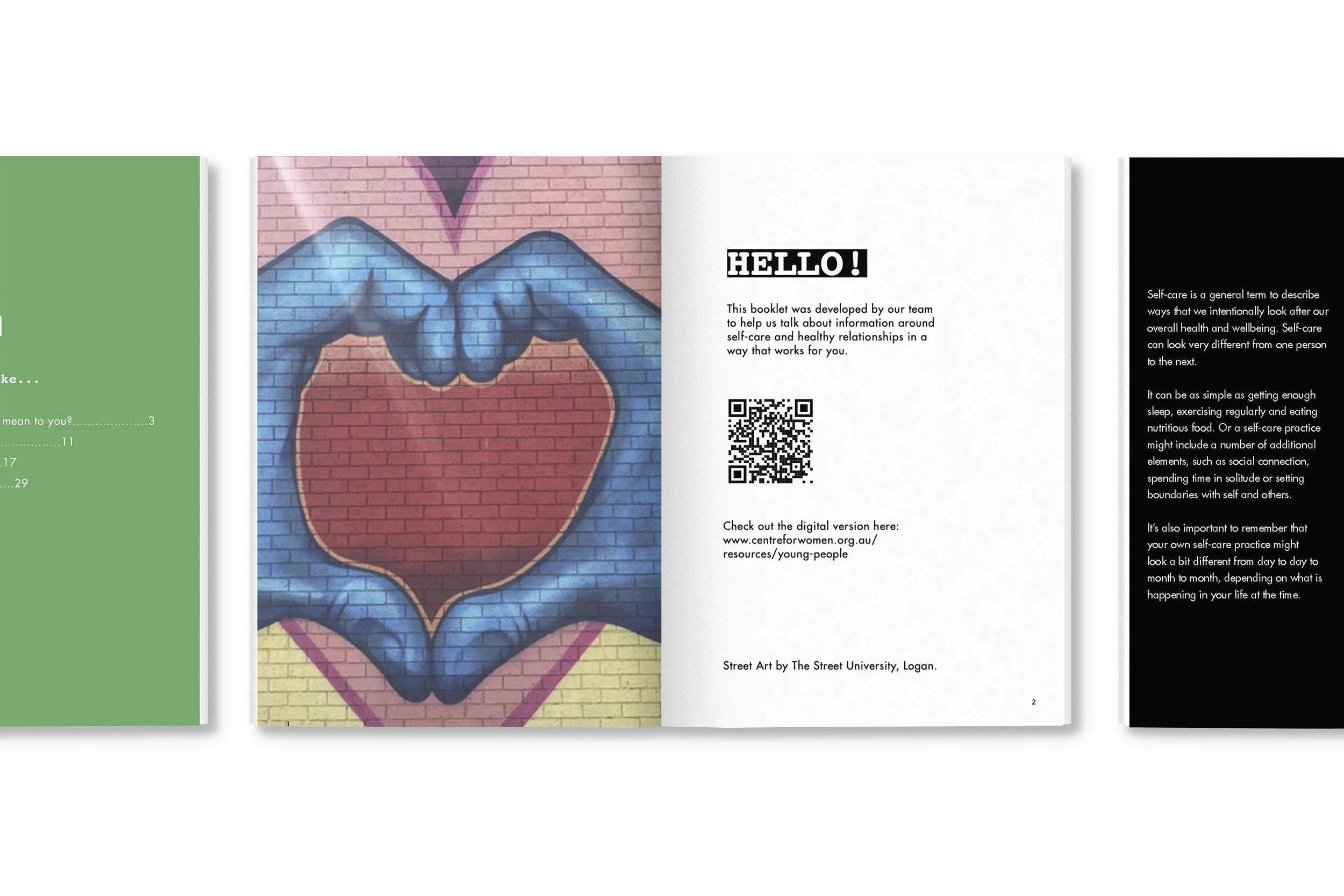
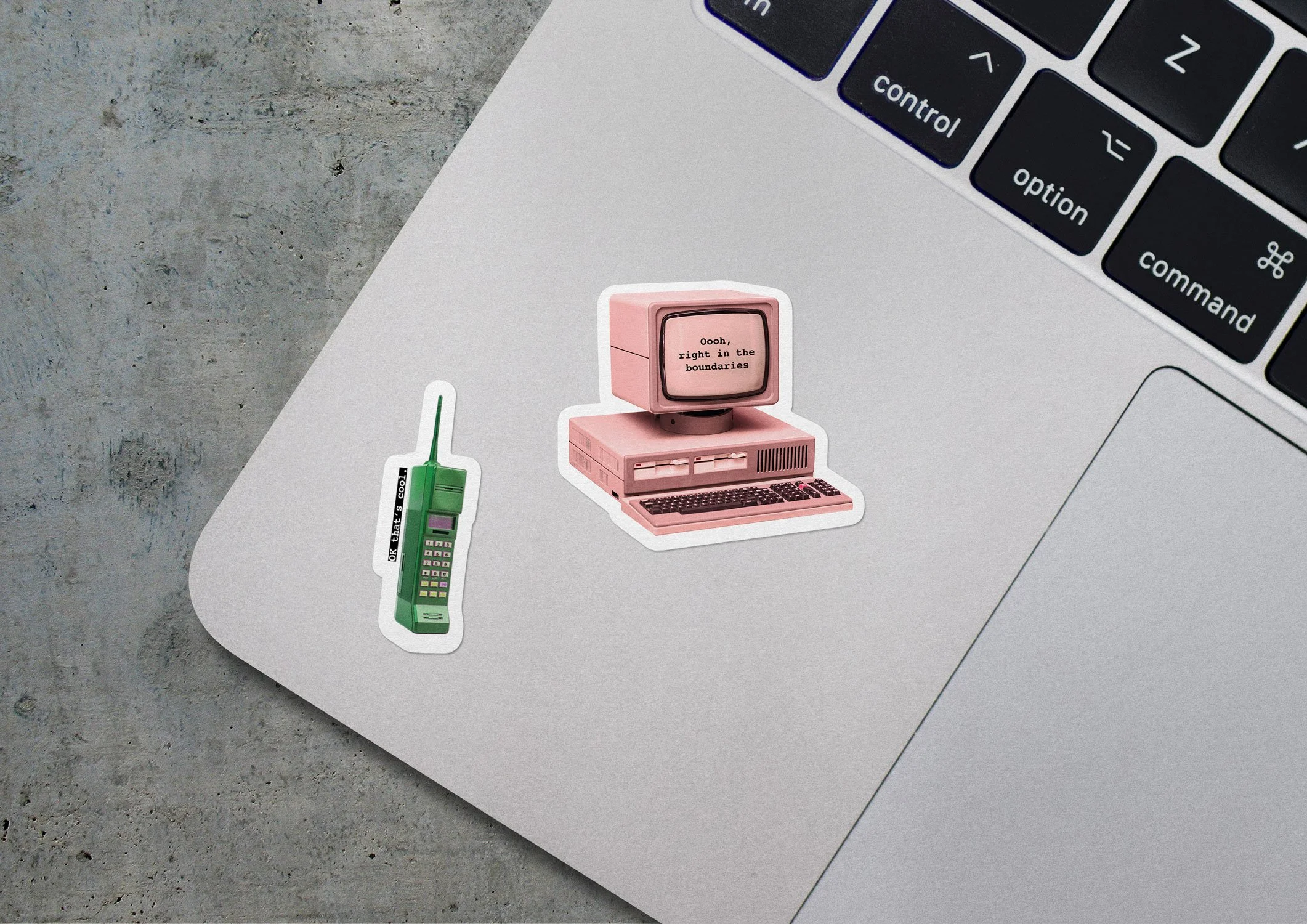
My role in the project included:
project lead
collaboration with internal and external stakeholders
visual design and layout
successful grant application
community feedback and focus groups
staff feedback
review and revision
project expansion.
Initial key outcomes
Over 1000 copies sold, generating over $5k.
Two successful grant applications totalling $25k.
Over 5000 young people across Logan and beyond have received the resource.
Organisational staff using resource to support educational work within the therapeutic space.
Project expansion design
YouTube talk series.
School-based project including:
online presentation for school staff
three short presentations for students
resource pack including booklet, postcards, air freshener, and phone stickers
posters for display around the school
digital posters for display in homerooms
social media kit for sharing on school social media
outcome measurement framework based on the program’s theory of change.
Desired long term outcomes for participants
Participants reach out for support from CFW, school and/or other services.
Participants practice helpful behaviours when dealing with stress.
Participants engage in positive mental wellbeing strategies.
Participants make progress towards calling out unhealthy relationships.
Participants influence other to bring about positive behavioural change.
Participants shift attitudes, belief and behaviours that excuse, trivialise or downplay violence.
A decrease in DFV offending or re-offending.
A decrease in trauma-related symptoms.
Foster connections between participants and CFW.
Contribution to social change, prevention of violence and change of trajectory for participants who are at higher risk of using violence and/or experiencing violence.